When illness strikes, fruits to eat when sick stand ready to lend their healing powers. Their abundance of vitamins, minerals, and antioxidants provides the body with the essential nutrients it needs to combat infection, reduce inflammation, and lower body temperature.
During times of illness, when the body is battling an infection, fruits emerge as potent allies, offering a wealth of benefits to aid in recovery and bolster the immune system. These fruits to eat when sick are nature’s delectable gifts, packed with essential nutrients that play a crucial role in maintaining our overall health and well-being.
Fruits to Eat When Sick: Nature’s Powerful Allies for Healing

When illness strikes, fruits stand ready to lend their healing powers. Their abundance of vitamins, minerals, and antioxidants provides the body with the essential nutrients it needs to combat infection, reduce inflammation, and lower body temperature.
These fruits to eat when sick work on multiple fronts to aid in recovery:
- Boost the immune system: Fruits to eat when sick are rich sources of vitamins, minerals, and antioxidants that play a crucial role in strengthening the immune system’s defense against infections.
- Combat inflammation: Inflammation is a natural response to infection, but excessive inflammation can hinder healing. Fruits to eat when sick possess anti-inflammatory properties that can help reduce inflammation and promote tissue repair.
- Aid in hydration: Dehydration is a common symptom of illness, and it can worsen fatigue and other symptoms. Fruits to eat when sick, with their high water content, can help replenish fluids and electrolytes, keeping the body hydrated.
- Provide essential nutrients: Fruits to eat when sick are packed with essential nutrients that the body needs to function properly during illness, including vitamins A, C, and E, potassium, magnesium, and zinc.
Watermelon: A Refreshing Rejuvenator
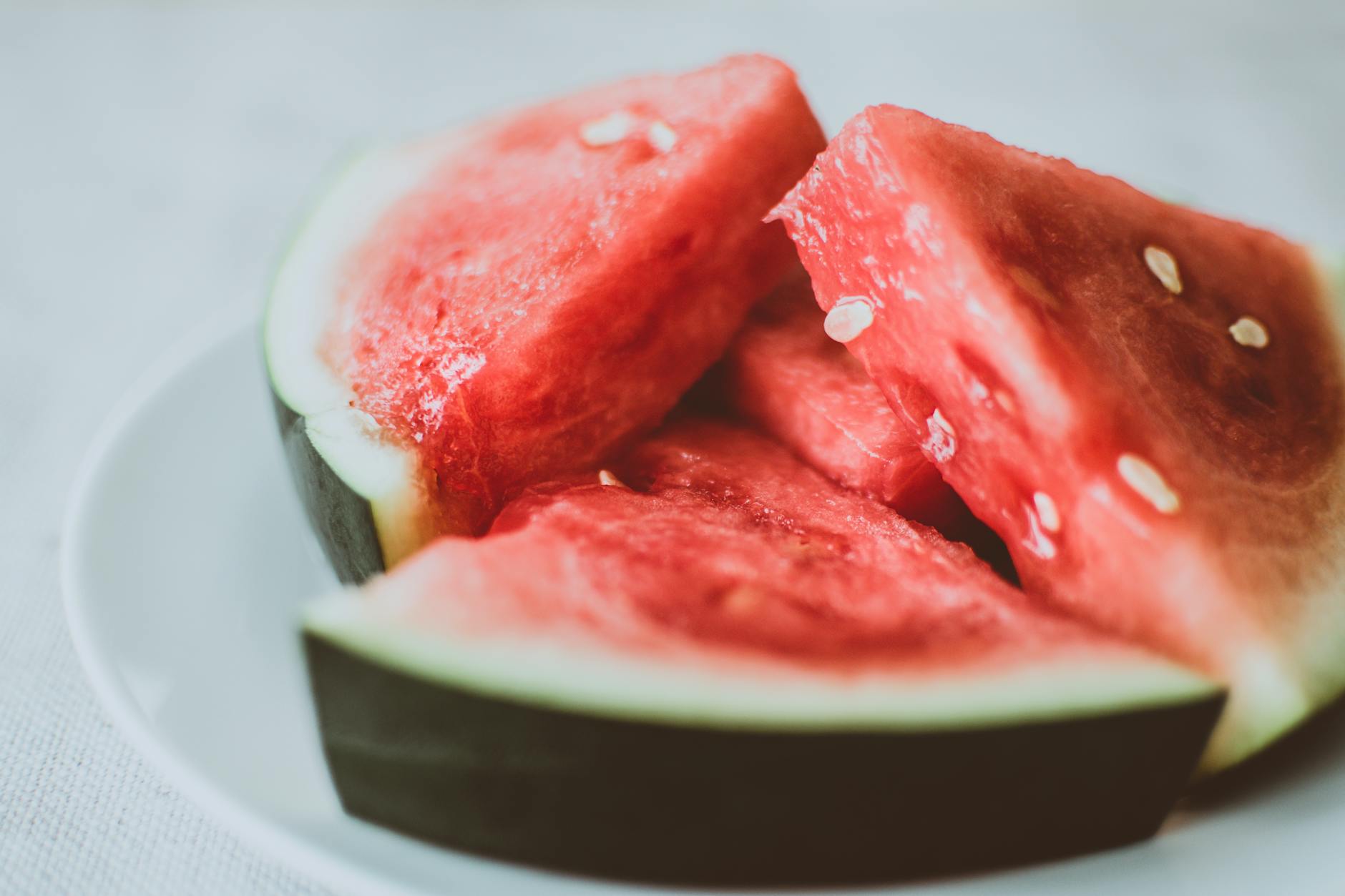
Watermelon, with its vibrant red hue and refreshing taste, is a true friend when battling a fever. Its high water content helps combat dehydration, a common symptom associated with fever. Moreover, watermelon is a rich source of vitamin C, an antioxidant that plays a crucial role in strengthening the immune system. This delightful fruit also contains potassium, an essential mineral that helps regulate fluid balance and maintain electrolyte levels.
Oranges: A Citrus Powerhouse
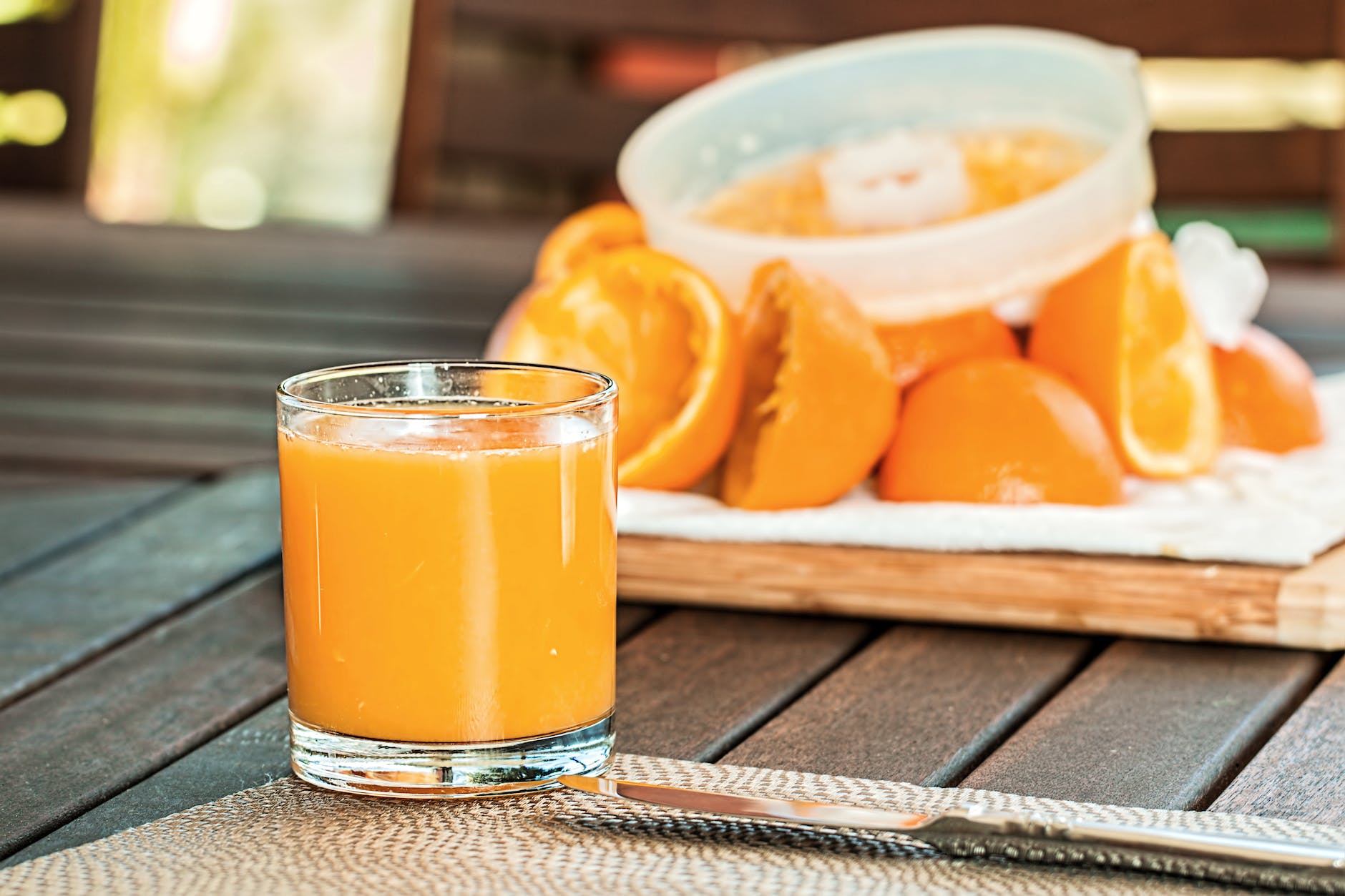
Oranges, the quintessential citrus fruit, are renowned for their abundance of vitamin C, a powerful antioxidant that bolsters the immune system’s defense mechanisms. Vitamin C also possesses anti-inflammatory properties, aiding in reducing inflammation associated with fever. Additionally, oranges are a good source of potassium, which helps replenish electrolytes lost through sweating, a common occurrence during a fever.
Bananas: A Potassium-Packed Delight
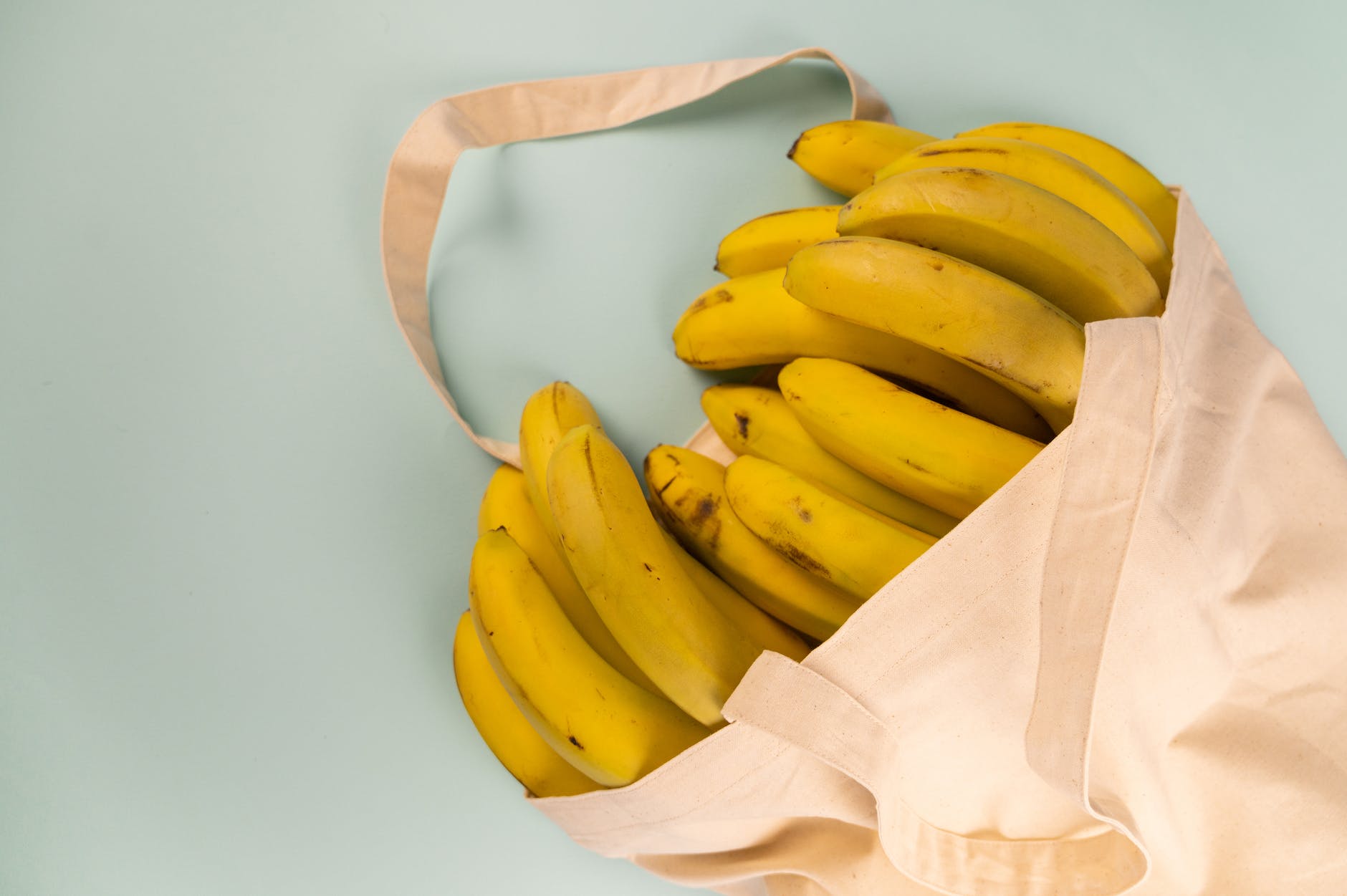
Bananas, often overlooked for their nutritional prowess, are a remarkable source of potassium, an essential mineral that plays a crucial role in regulating fluid balance and maintaining electrolyte levels. Bananas also provide vitamin B6, a nutrient that supports energy production and immune function. Additionally, bananas can help prevent dehydration and fatigue, common symptoms associated with fever.
Papaya: An Enzyme-Rich Ally
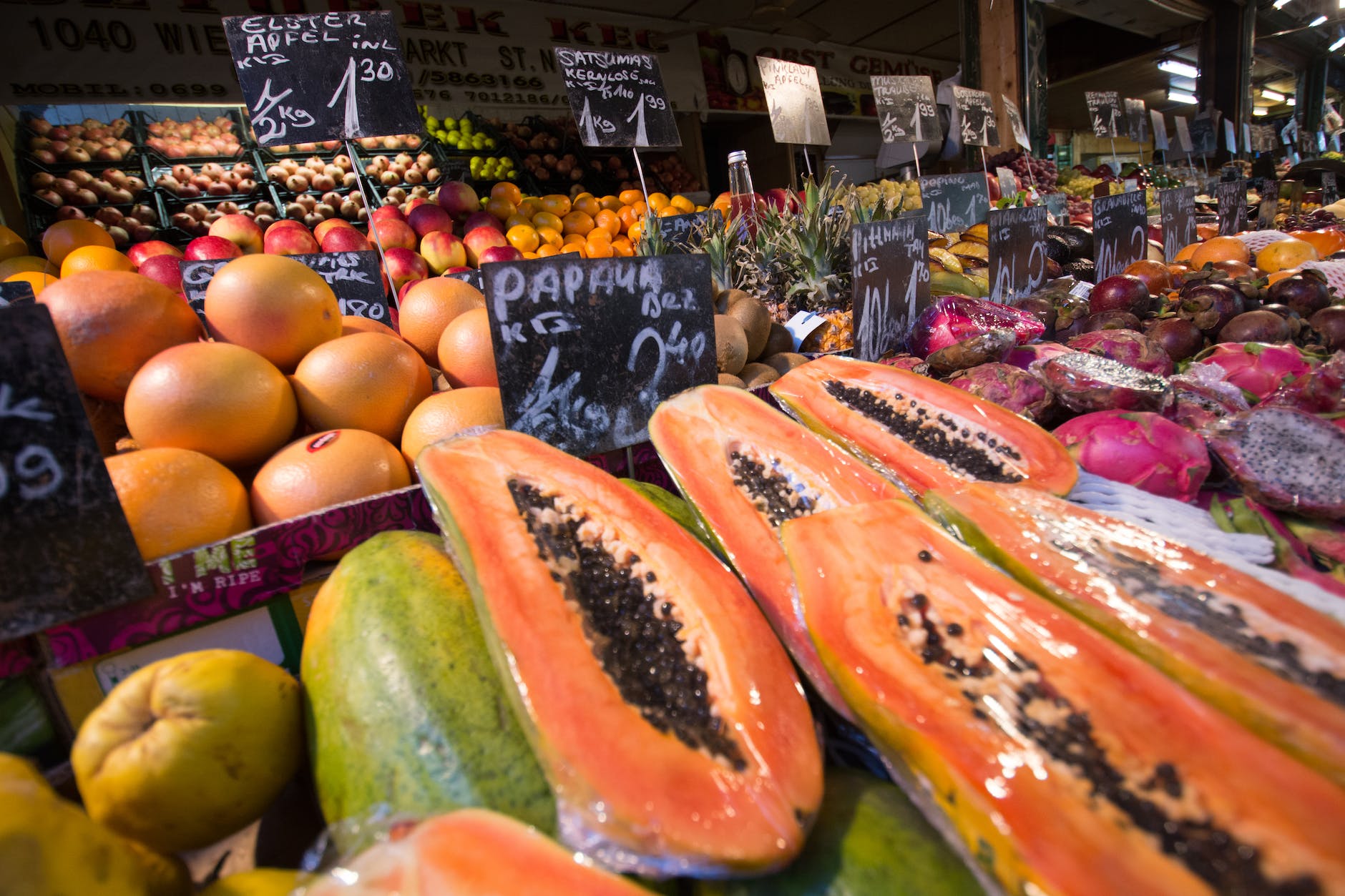
Papaya, with its exotic flavor and vibrant orange hue, is a treasure trove of vitamins A and C, both of which are essential for maintaining a healthy immune system. Papaya also contains potassium and magnesium, minerals that support overall well-being. Remarkably, papaya boasts an enzyme called papain, which possesses anti-inflammatory and antiviral properties, making it a valuable ally in combating fever and its associated symptoms.
Berries: Antioxidant Warriors
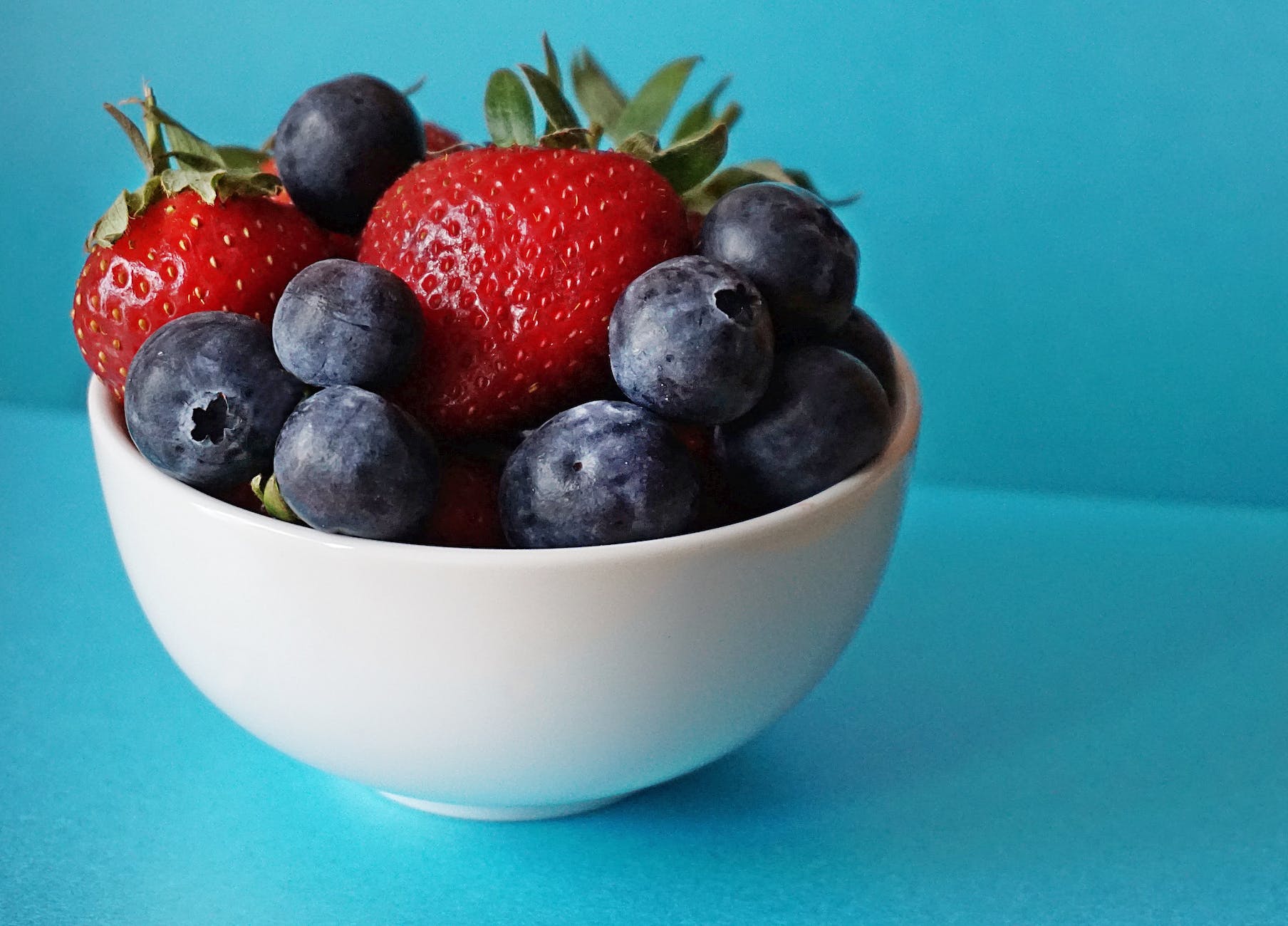
Berries, with their diverse array of colors and flavors, are nature’s antioxidant powerhouses. These tiny nutritional gems are rich in vitamins A, C, and K, all of which play a critical role in strengthening the immune system. Berries also contain a wealth of antioxidants, which protect cells from damage caused by free radicals, molecules that contribute to inflammation. Incorporating berries into the diet can help reduce inflammation and boost the immune system, aiding in recovery from fever.
Optimizing Fruit Consumption for Maximum Benefit
To reap the full benefits of fruits to eat when sick during illness, consider these tips:
- Choose fresh, whole fruits: Fresh fruits offer the most concentrated nutrients. Frozen fruits, thawed first, are also a viable option. Avoid canned fruits, which often contain added sugar and syrup.
- Moderation is key: While fruits are nutritious, excessive consumption can lead to digestive issues. Stick to moderate amounts throughout the day.
- Consider fruit juices or smoothies: If consuming whole fruits to eat when sick is difficult, fruit juices or smoothies can be a good alternative. However, opt for natural juices with no added sugar and limit intake due to their concentrated sugar content.
Additional Fruitful Allies
While the fruits mentioned above stand out for their potent benefits, a host of other fruits can also play a supportive role during times of illness:
- Apples: A good source of fiber and vitamin C
- Cantaloupe: Rich in vitamin C and potassium
- Grapes: A source of antioxidants and hydrating properties
- Honeydew: A refreshing source of fluids and electrolytes
- Kiwi: Rich in vitamin C and potassium
- Mangoes: A good source of vitamins A and C
- Melons: Rich in fluids and electrolytes
- Nectarines: A source of fiber and vitamin C
- Peaches: A good source of fiber and potassium
- Pineapples: Rich in vitamin C and bromelain, an enzyme with anti-inflammatory properties
- Plums: A source of fiber and potassium
- Strawberries: Rich in vitamin C and antioxidants
Optimal Fruit Consumption
To maximize the benefits of fruits during times of illness, it is recommended to consume them in their fresh, whole form. Frozen fruits, provided they are thawed first, can also be a viable option. Canned fruits, however, should be avoided due to their often high sugar and syrup content.
If consuming whole fruits proves difficult, fruit juices or smoothies can be considered. However, it is crucial to note that these options may contain significant amounts of sugar, so moderation is key.
Additional Tips for Eating When Sick
In addition to incorporating fruits into the diet, consider these additional tips to promote recovery during illness:
- Stay Hydrated: Drink plenty of fluids, such as water, clear broths, and sports drinks, to combat dehydration.
- Avoid Dehydrating Substances: Refrain from caffeine and alcohol, as these can further dehydrate the body.
- Eat Small, Frequent Meals: Opt for small, frequent meals throughout the day to maintain energy levels and avoid overburdening the stomach.
- Choose Bland Foods: Select bland, easy-to-digest foods like toast, crackers, rice, and plain yogurt to minimize digestive discomfort.
- Seek Medical Attention: If fever persists, eating or drinking becomes impossible, or other concerns arise, consult a healthcare professional immediately.
Fruits to Eat When Sick – Nature’s Powerful Allies for Healing
When illness strikes, fruits to eat when sick emerge as potent allies, offering a wealth of benefits to aid in recovery and bolster the immune system. Their abundance of vitamins, minerals, and antioxidants provides the body with the essential nutrients it needs to combat infection, reduce inflammation, and lower body temperature.
Incorporating these fruits to eat when sick into your diet during times of illness can significantly enhance your body’s natural healing processes and promote a swifter recovery. By choosing fresh, whole fruits and consuming them in moderation, you can harness the power of nature’s medicine to restore your well-being and emerge from illness stronger and more resilient.

